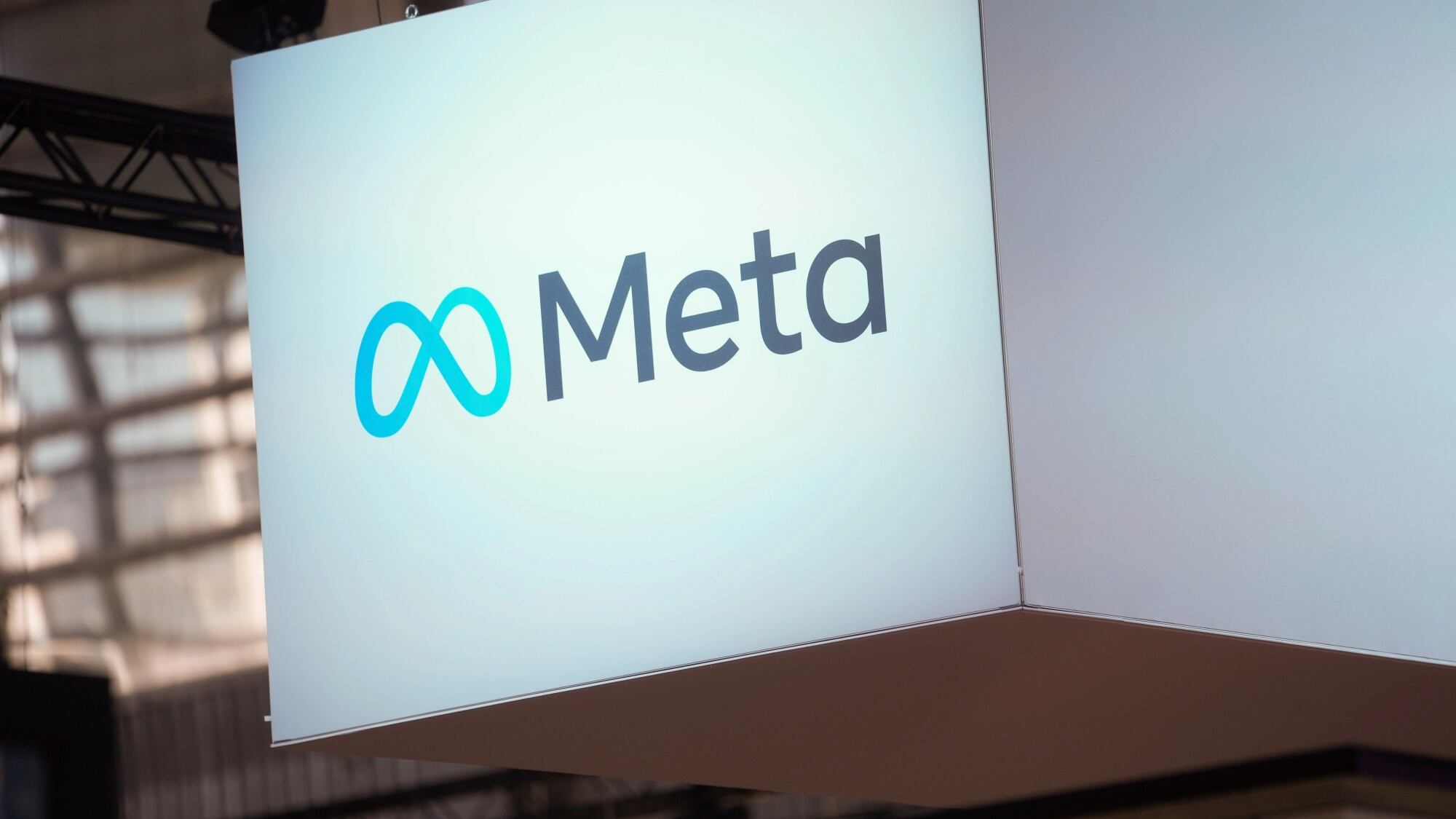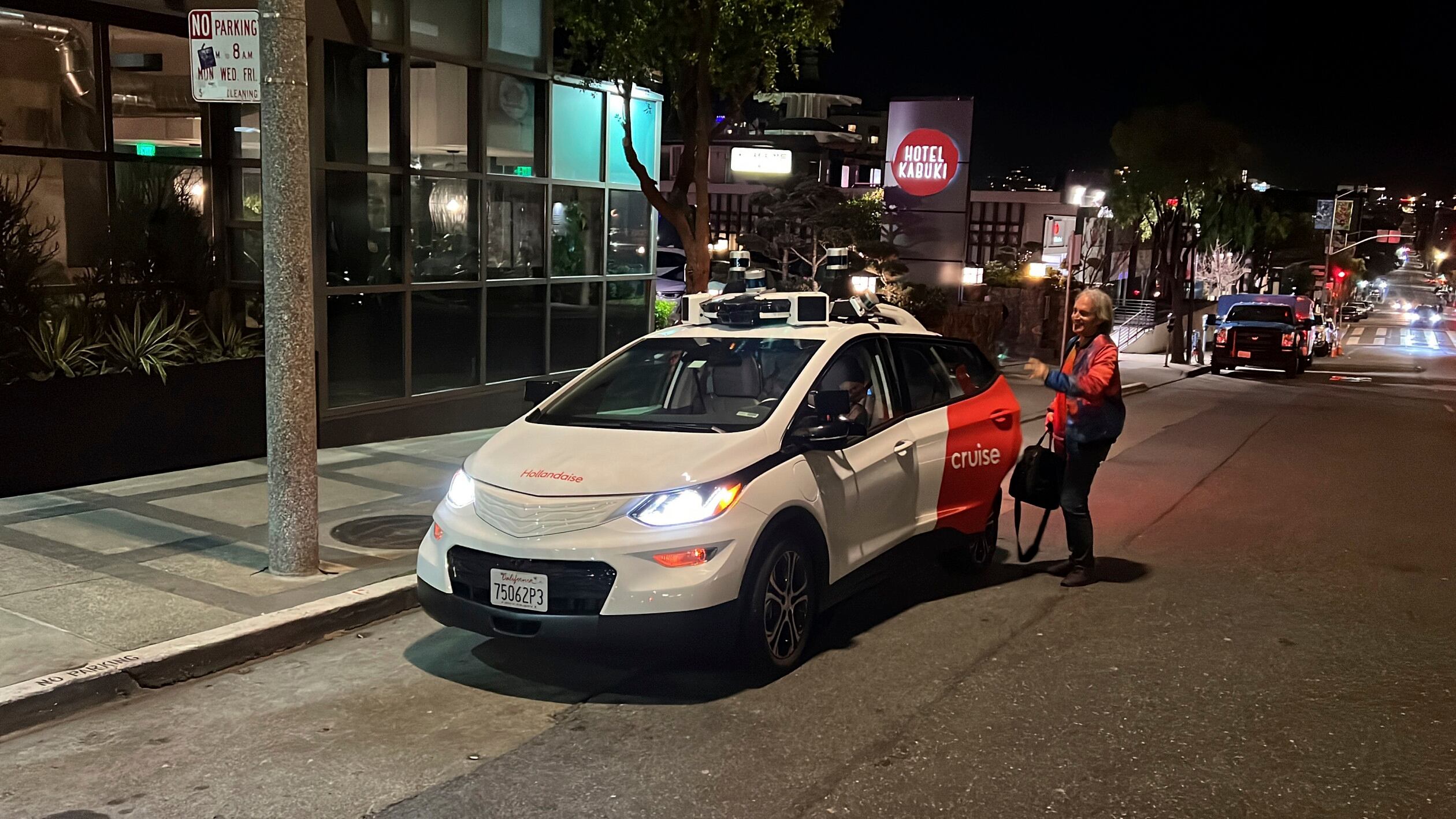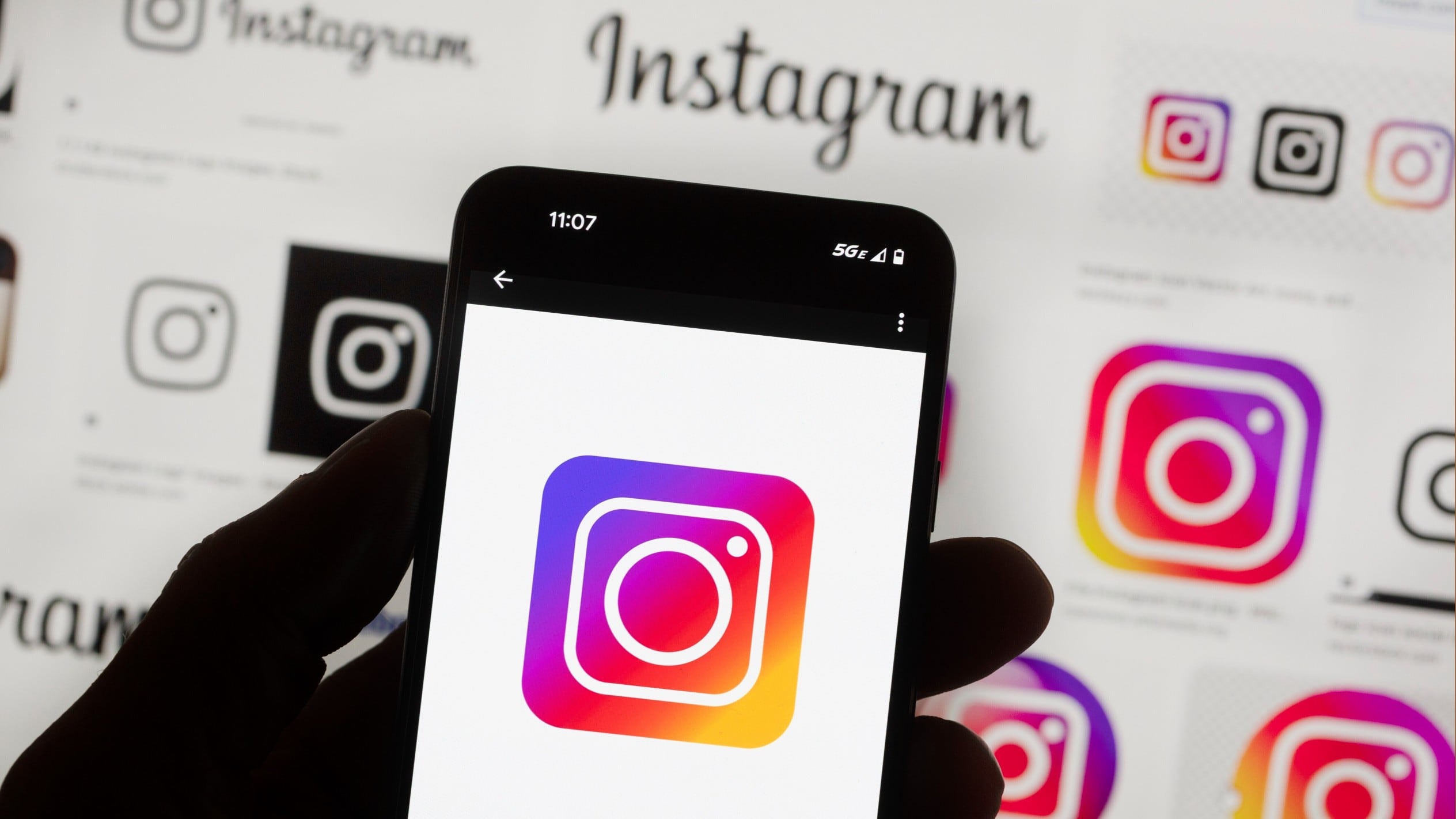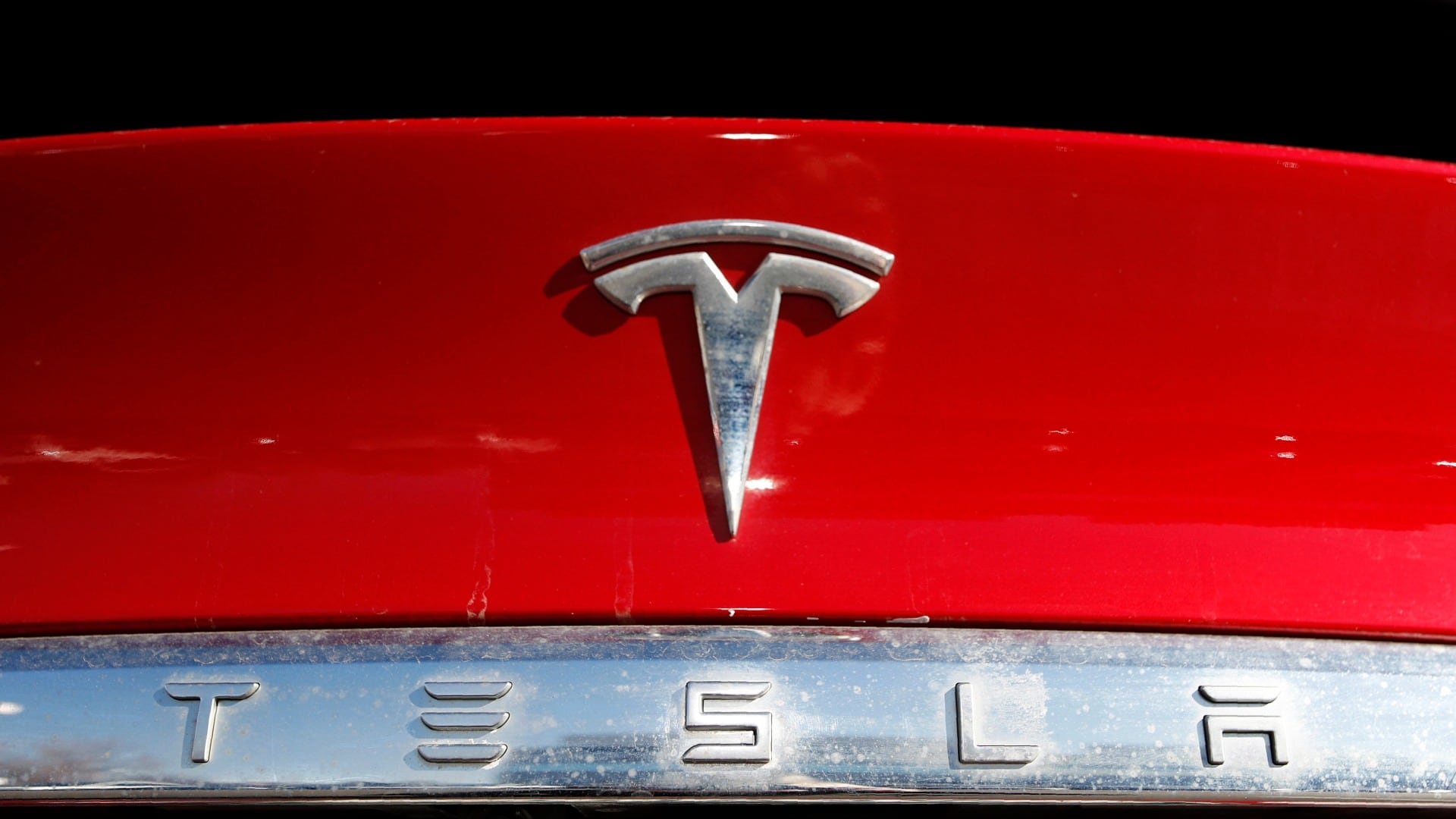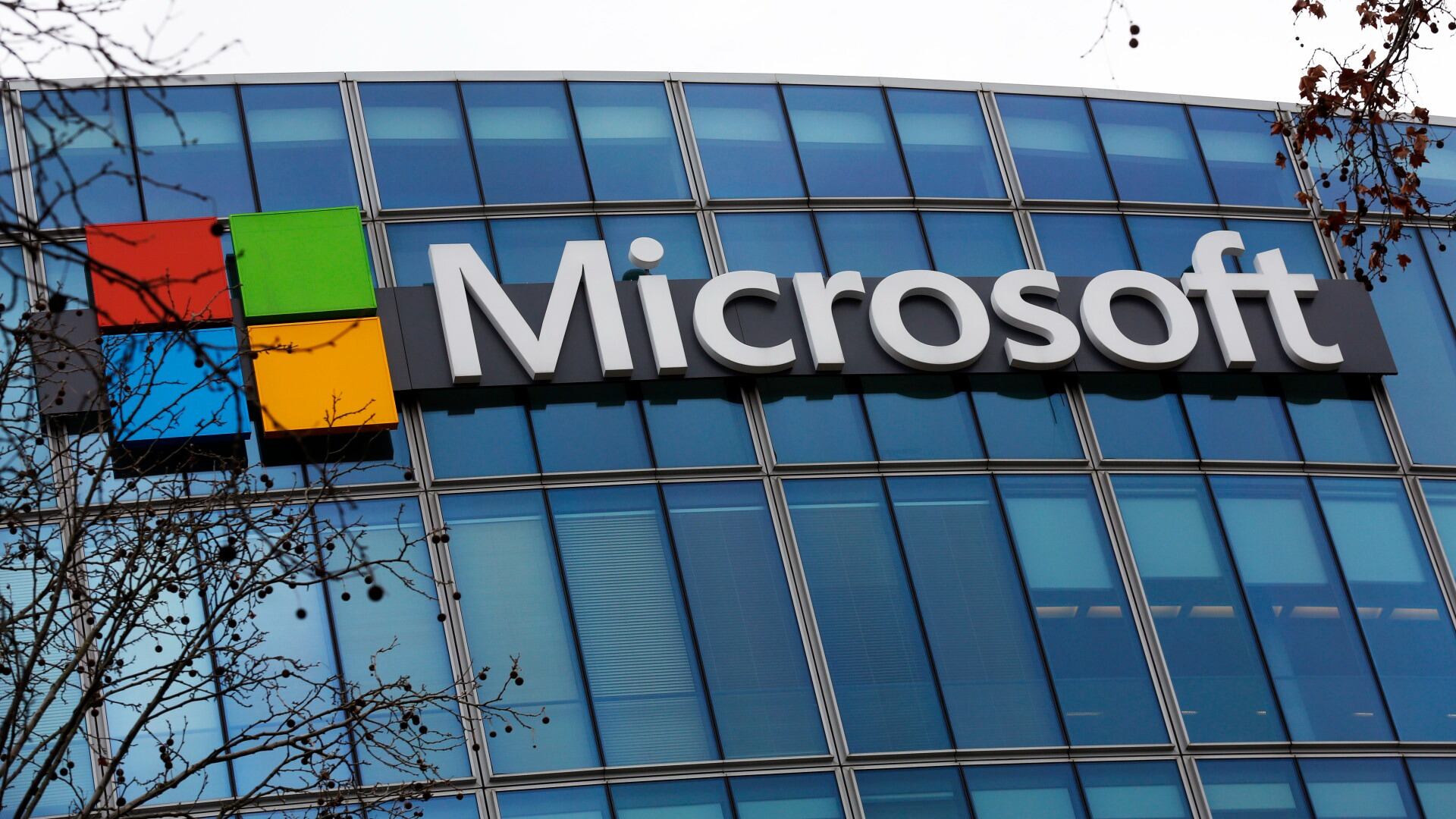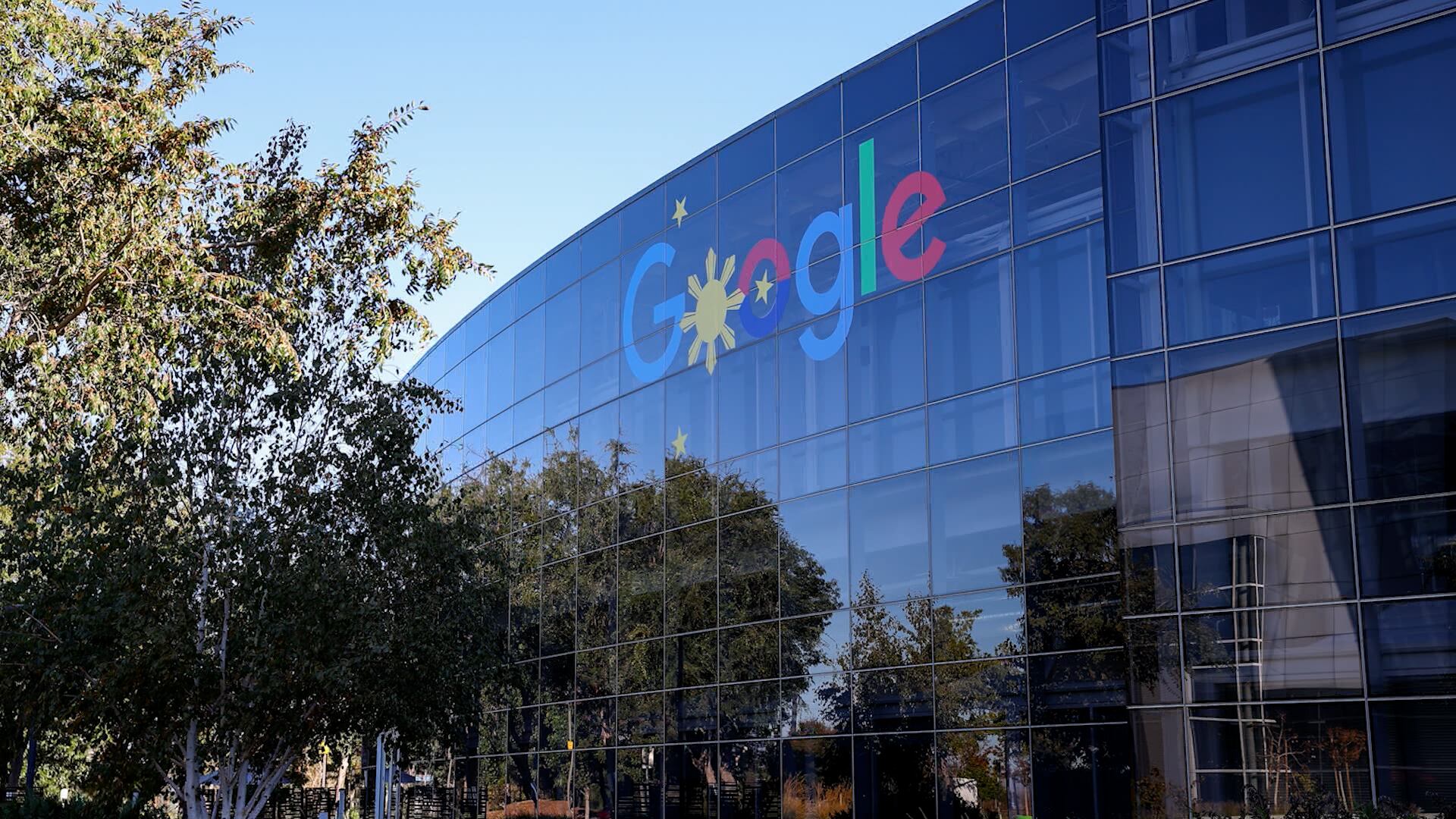Art imitates life, as the saying goes. For Andy Tian, Co-founder and Group CEO of Asia Innovations Group, that means leveraging the shift towards blockchain technology to produce a piece of virtual artwork: “The Forever Rose.” “Just because you can’t really see it, doesn’t mean it’s no less valuable,” says Tian, whose company operates the GIFTO virtual gifting platform. “The Forever Rose,” created by renowned artist Kevin Abosch, sold for $1 million worth of ethereum on Valentine’s Day, making it the most expensive piece of crypto-art so far. The token was split between 10 collectors who can resell their portion of the artwork. Tian says any art, physical or virtual, derives its value from both the artist and “the significance of the artwork.” The medium it’s produced in doesn’t matter. In fact, blockchain’s safe, decentralized nature makes it an ideal platform for the art world, he says. The market can’t be tainted with fake works, the art can’t be damaged or hacked, and it throws open the typically exclusive collector’s club to anyone who wants to buy or sell. For the full interview, [click here](https://cheddar.com/videos/cryptocurrency-is-changing-how-we-view-art).
